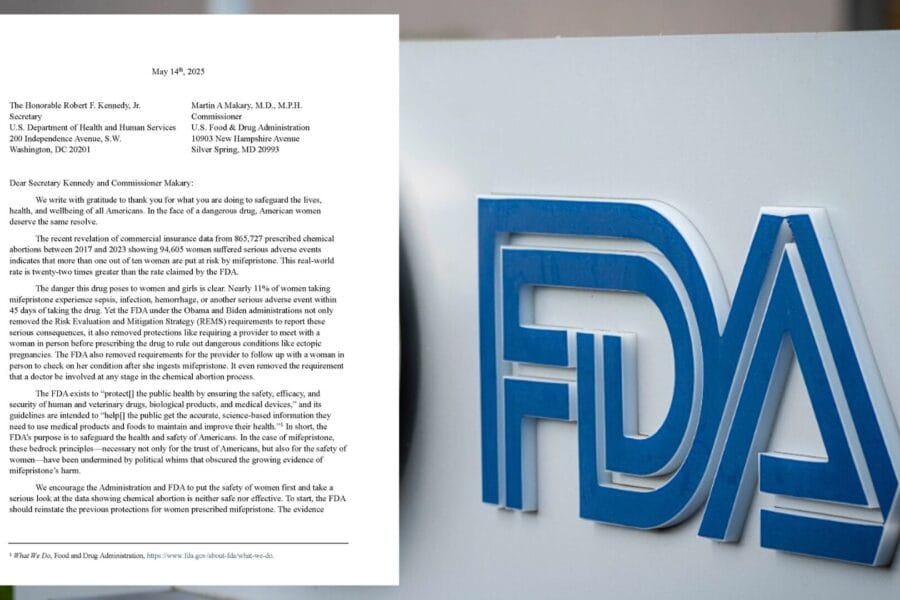Today the Supreme Court issued opinions in the two cases challenging Texas’ Heartbeat Act (S.B. 8), the law prohibiting abortions after the child’s heartbeat is detected.
These cases, Whole Woman’s Health v. Jackson and United States v. Texas, presented questions related to federal jurisdiction and who is a proper party to a legal challenge, not the merits of the underlying law.
In the opinion authored by Justice Gorsuch, the Court confirmed: “In this preliminary posture, the ultimate merits question—whether S.B. 8 is consistent with the Federal Constitution—is not before the Court. Nor is the wisdom of S.B. 8 as a matter of public policy.” The Court made clear that some of the challenges against the Texas law may proceed in state or lower courts.
The Supreme Court dismissed the federal government’s case and clarified which state actors might be appropriate parties to this case (some licensing officials) and which are not (judges, clerks, and state AG Ken Paxton). Yesterday, a Texas state court held the heartbeat law unconstitutional on state grounds, but did not enjoin the law in its decision.
Most importantly, Texas’ heartbeat law remains in effect. Since September 1st, it has saved thousands of lives from the tragedy and violence of abortion. Texas gives us a glimpse of a post-Roe world, where friends and neighbors step forward to walk alongside every pregnant woman and her child.
You can read AUL’s full analysis of the oral arguments here and watch AUL President & CEO Catherine Glenn Foster’s Congressional testimony in support of the Texas Heartbeat Act here.




